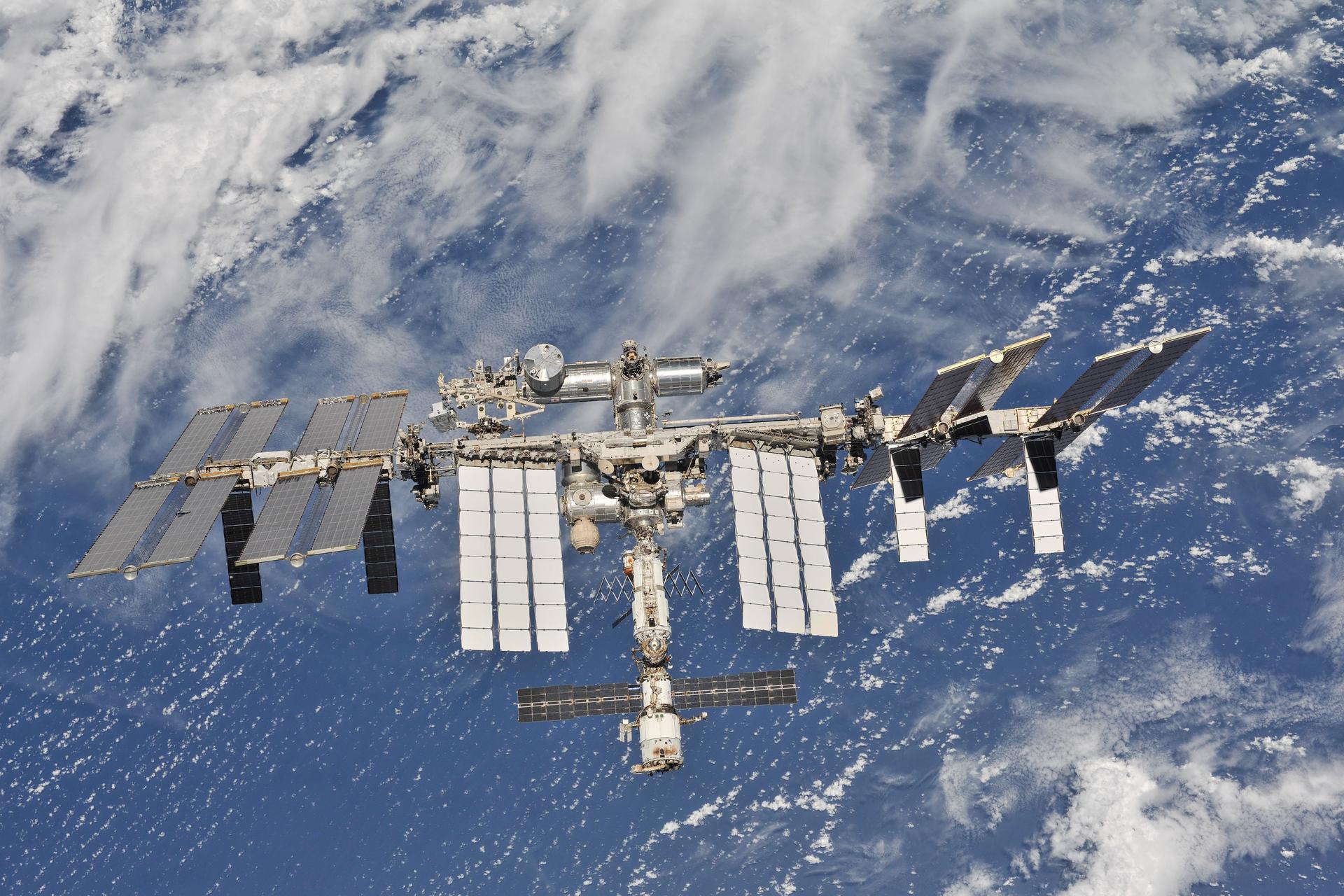Congress approves International Space Station extension to 2030
But the other partners in the ISS program must agree as well.

Congress wants the International Space Station to keep going through the end of the decade.
The newly passed Creating Helpful Incentives to Produce Semiconductors (CHIPS) Act of 2022 includes a NASA authorization bill that, among other things, officially extends the agency's participation in the International Space Station (ISS) program by six years, to 2030.
The CHIPS Act — whose main purpose is to increase semiconductor manufacturing in the United States to address pandemic-induced supply chain shortages — has now been approved by both the U.S. Senate and the House of Representatives and just needs a signature from President Joe Biden to become law.
"I am incredibly pleased Congress has passed the NASA Authorization Act of 2022 — the first authorization for our agency in five years," NASA Administrator Bill Nelson said in a statement today (July 28).
"This act shows continued bipartisan support of NASA's many missions, including our moon to Mars approach, as well extension of U.S. participation in the International Space Station to 2030," Nelson added. "With strong support from the Biden-Harris Administration as well as this authorization, NASA will continue to advance scientific discoveries, enable sustainable aviation, address climate change and much more.”
Related: Biden requests $26 billion budget for NASA in 2023 as agency aims to put astronauts on Mars by 2040
Whether or not the ISS makes it to 2030 is not entirely in the control of the U.S. government, however; the program's other partner agencies must also commit to the extension.
Breaking space news, the latest updates on rocket launches, skywatching events and more!
And one of those partners, the Russian federal space agency Roscosmos, does not seem fully committed. On Tuesday (July 26), Roscosmos announced its intention to withdraw from the ISS program after 2024.
The true departure timeline is unclear, however, because Russian officials have said they want to remain an ISS partner until a new Russian space station is up and running, which is unlikely to happen until 2028 at the earliest.
Also today, the Senate released its draft commerce, justice and science (CJS) spending bill for fiscal year 2023. The bill would give NASA $25.9738 billion next year — precisely the amount the agency was allocated in the White House's 2023 budget request.
The CJS bill includes a few tweaks for NASA, however. These include asking the asteroid-hunting NEO Surveyor mission to maintain its 2026 launch date instead of pushing to 2028, cutting a part of the space technology spending that includes nuclear thermal proplusion work, and adding $50 million to support a new commercial crew provider beyond SpaceX and Boeing to increase program options.
Follow Elizabeth Howell on Twitter @howellspace. Follow us on Twitter @Spacedotcom or Facebook.

Elizabeth Howell (she/her), Ph.D., was a staff writer in the spaceflight channel between 2022 and 2024 specializing in Canadian space news. She was contributing writer for Space.com for 10 years from 2012 to 2024. Elizabeth's reporting includes multiple exclusives with the White House, leading world coverage about a lost-and-found space tomato on the International Space Station, witnessing five human spaceflight launches on two continents, flying parabolic, working inside a spacesuit, and participating in a simulated Mars mission. Her latest book, "Why Am I Taller?" (ECW Press, 2022) is co-written with astronaut Dave Williams.
